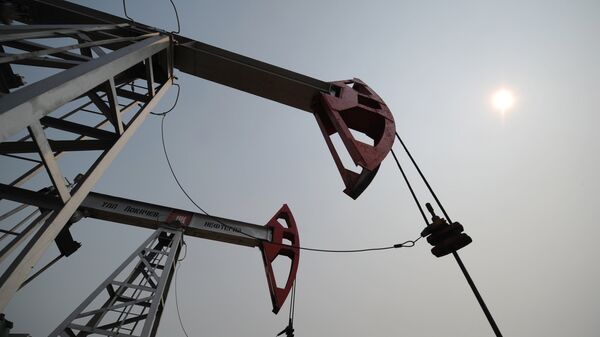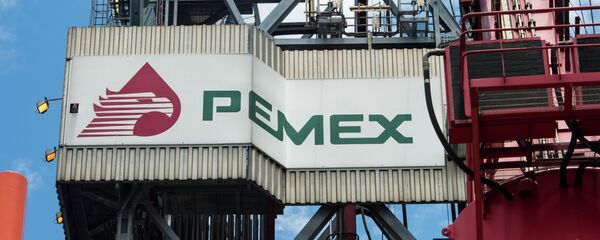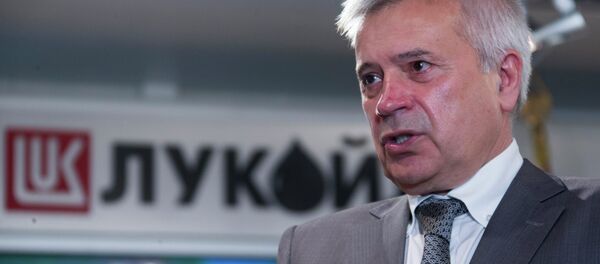Lukoil has presented Iran with its plan for the development of the Mansuri project. But on par with that Iran is also taking into consideration the plan submitted by the Indonesian firm Pertamina, which has also applied for the tender to develop this field.
What are the chances of Lukoil winning the tender? What will these contracts be like: unilateral or with the creation of consortium, and what benefit could the Russian oil giant receive from these projects? Sputnik discussed the issue with Omid Shukri Kalehsar, an Iranian independent expert on energy security from Washington.
According to his estimates, Lukoil is the favorite to win the tender, but the potential threat of the breakdown of all oil contracts is coming from the possibility of US withdrawal from the Iran nuclear deal.
“Last August, Lukoil presented Iran with a project to develop the Mansuri oil field with the goal that in March 2018 the parties would sign the final version of the agreement,” Kalehsar explained.
According to preliminary calculations, the minimum amount of oil in the Abe Teimur field is 15 billion barrels. One-day production from the Bangestan oil well amounts to 60,000 barrels.
“Iran is expected to find many foreign investors for the development of its oil and gas fields. At present, contracts have been signed for the development of the 11th phase of South Pars (The South Pars gas field is the largest in the world, with reserves of 14 trillion cubic meters of gas and 18 billion barrels of gas condensate, which is 8% of the world's total reserves) with France's Total and China's CNPC, as well as a contract for the re-development of the Aban and Paydare Qarb oil fields with the Russian company Zarubezhneft. If a contract is signed to develop the Mansuri and Abe Teimur fields, it will be the first serious contract with foreign companies this year,” Kalehsar said.
“Russian companies are actively working in Iraq's energy industry. Gazprom is seeking to expand its presence in the Mediterranean region and invest in the oil and gas industry of this region, take part in gas production and transportation in this region,” according to the expert.
The Iranian National Oil Company has reported that after taking into consideration the previously submitted proposals for the development of two of its fields, it has been decided to accept the Indonesian firm Pertamina’s proposal. Although no official reports have been received from Iran's Ministry of Petroleum the Indonesian company recently reported that it had been provided with 80% of the package for the development of the Mansuri field, while the remaining 20% belongs to the Iranian side, accordingly, Lukoil will not participate in the development of this field.
“If the US does not withdraw from the JCPOA, and the possibility of their withdrawal has recently increased significantly due to the changing situation in the country, and unless new sanctions are introduced against Iran's energy sector and those who want to invest in it, the role of Russian companies in various areas of the oil and gas sector may increase,” Kalehsar noted.
“Do not forget that during the sanctions, Russian companies left the oil and gas industry of Iran. If Russian companies have projects with US companies in the US or joint projects with this country, we need to see to what extent they will oppose pressure and sanctions against Iran, and whether they will prefer their interests in Iran's industry to US markets.
The impact of US sanctions on Iran's energy sector, as well as on the participation of Russian or Chinese companies in this sector will be known in the near future,” Kalehsar concluded.




